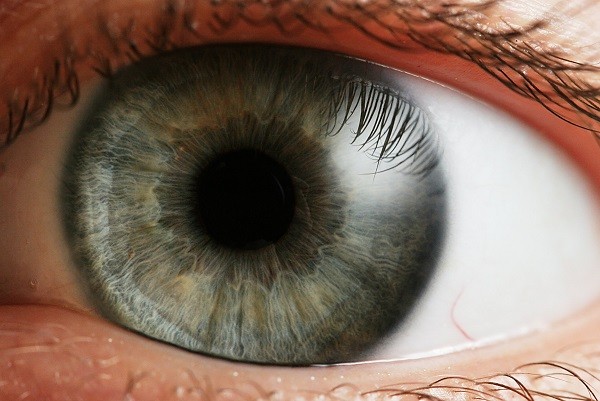Chinese doctors have successfully conducted a human eye transplant using a bioengineered cornea from pig, Shandong Eye Institute announced Monday, according to Xinhua.
The patient is a 60-year-old man named Wang Xinyi who had a serious case of corneal ulcer. His vision was limited to within 10 centimeters; beyond that, he could no longer see moving objects.
After the transplant, his vision has improved.
"The patient's vision has gradually improved after a three-month recovery period, which means the transplant was a success," Zhai Hualei, director of the institute's cornea division, said.
Acornea, the first bioengineered cornea approved by the China Food and Drug Administration, was used in the procedure.
Zhai described the transplanted cornea as being "devoid of cells, hybrid proteins and other antigens." Instead, what is left is "a natural collagen structure with remarkable bio-compatibility and biological safety."
Acornea is manufactured by China Regenerative Medicine International and was developed jointly with researchers from the Fourth Military Medical University (FMMU). It was made available on the market in May after receiving accreditation from the China Food and Drug Administration in April.
"It can quickly integrate with the surrounding tissue, and promote its own cells to be rebuilt. The transplanted cornea will gradually become transparent, thus, recovering the patient's vision," Jin Yan, head of the Tissue Engineering R & D Center at FMMU, told Xinhua in another report.
There are around five million blind people in China. These constitute about 18 percent of blind people in the world, according to the World Health Organization.
Corneal diseases are among the major causes of blindness in China. An estimated four million people have been blinded by such diseases, and around 100,000 new cases are added every year. Only 5,000 of these receive cornea transplants from human donors.
"This bioengineered cornea may help millions of people to see again," Zhai said.



























